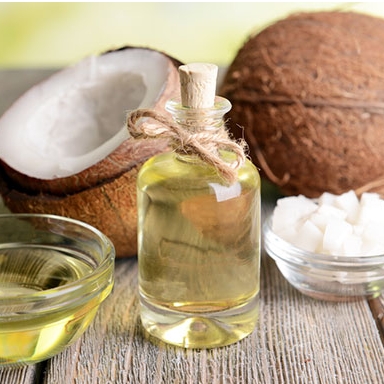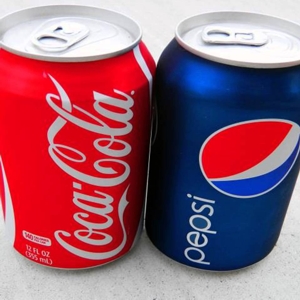Well, maybe not all of us, but certainly those of us who believe everything they read on the internet, or those who are desperate for a cure for what ails them. And that’s a lot of folks, falling for misguided ‘fake science’ reports or outright scams offering miraculous cures…
 We’ve all seen wild internet claims about ‘simple’, ‘secret’ and ‘amazing’ new ways to treat or cure arthritis, diabetes – even cancer. And they all involve diet changes, some of which can actually be harmful.
We’ve all seen wild internet claims about ‘simple’, ‘secret’ and ‘amazing’ new ways to treat or cure arthritis, diabetes – even cancer. And they all involve diet changes, some of which can actually be harmful.
A few examples…
Hardly a day goes by that I don’t see two or three exhortations on the Net, from people with pet cures,often trying to get me to buy their book, or subscribe to a radical ‘healthy’ diet, or – and this is the biggest group among them – wanting me to try their ‘simple way to shed unwanted pounds fast’.
And there are crazier claims:
- Diet Cola causes brain cancer
- Carrot Juice cures cancer
- Meat-only diet cures arthritis
- Coconut Oil stops Alzheimer’s
The list goes on and on. Just Google ‘cancer cure’, for instance. You’ll get 888,000,000 returns!
Even big Hollywood stars like Gwyneth Paltrow are getting into the act. She’s pretty much retired from acting, now, spending a lot of her time touring, pushing her patented ‘cleansing’ diet which involves eating only Soup. And apparently it works even better if you spend a bundle on pots and pans from her personal cookware line. Really. And she’s not the only one. How many ‘celebrities’ have we seen, on the Net and on TV, hawking the latest miracle face cream?
Beyond that witness the explosion in recent years of fake news about fake news about vaccines, cholesterol-lowering statins, and the risks of mobile phones.
The dangers…
A new survey of US dermatologists reveals that they believe Facebook is the worst source of misinformation for patients seeking a ‘quick fix’ for their dietary ills. Certainly, any nutty claim that gets exposure on Facebook is susceptible to spreading at epidemic speeds. It’s the nature of the Facebook beast, and the Facebook people don’t do anything about it.
And the profusion of ‘fake’ food news is making it all the harder for medical and dietary professionals to get the legitimate word out.
Professor Louis Levy, Head of Nutrition Science at Public Health England, told the Daily Mail: ‘We’re very concerned because we’re trying to help people make the right choices, and conflicting messaging makes this so much harder.’
Part of the problem is the enticing, even entrancing manner in which fake food claims are often made. People pushing their crazy claims often use quasi-religious presentations, even recruiting the aforementioned celebrities as evangelists
Anthony Warner, author of The Angry Chef, which debunks diet myths, says: “To make a ‘diet’ or claim stand out, people have to become more and more extreme. You get vegans, then raw food vegans, and eventually people who are just eating cucumber. It’s preposterous.”
We’re all susceptible…
Even critical thinkers and the well-educated are susceptible to the flood of fake food news. And it’s partly because we want to believe there really is a way to lose that weight and keep it off, or cure the incurable. Especially if that way is ‘easy, fast and simple’. I also credit the almost daily announcements of sometimes amazing new legitimate medical breakthroughs with conditioning folks to feel that that new fake news claim just might be real, too.
So what can we do to protect ourselves?
It’s easy. If some new claim or cure catches out eye, we need to ask our medical professionals (usually the family physician) about it. If they approve, I’d go right ahead and try it. If not, I’d just carry on and not give it a further thought. It’s not easy to ignore something that you really want to be true. But it’s important that we continue to separate the real from the fake, especially when it comes to food and health issues.
~ Maggie J.

